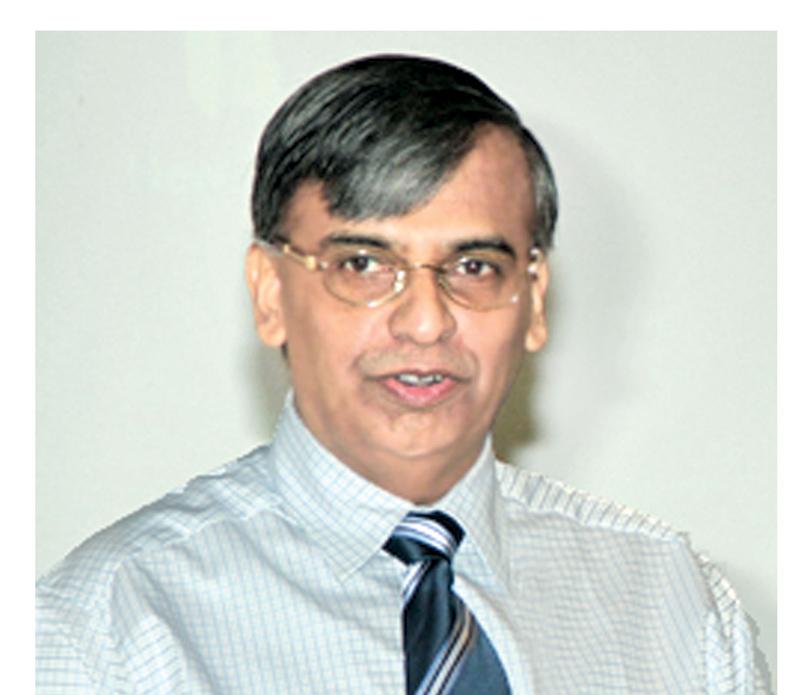
Widening the tax base is crucial to contain the Budget deficit and accelerate infrastructure development in the country in the coming year, tax experts said.
Gajma & Co. partner and senior tax consultant N.R. Gajendran said enhancing the tax revenue will be single most critical factor to achieve the budget deficit of 4.7 percent in 2017.
This will be the starting point to achieve macro economic stability in the short and the long term. It will also be the precursor to manage growth, demand, inflation and unemployment. The tax to GDP ratio has been dismally low and has been one of the lowest in the world. This has to be corrected, particularly for structural adjustment purposes.
Gajendran said there are some redeeming features, apart from many challenges, to achieve the revenue target in 2017. The uncertainty in Value Added Tax (VAT) and Nation Building Tax (NBT) has now settled, after a spate of judicial intervention consequent to disruptive politics.
The said disruption, even though, politically mooted to bring about imbalance in the coalition in government, at the end of it, has done a world of good from governance point of view. Supreme Court has said the pace for proper legal enactment processes.
“VAT should generate at least Rs.100 billion additional revenue in 2017. Secondly, Revenue Administration Management Information System (RAMIS) will be completed by the end of the year and should be in full flight next year,” Gajendran said.
If RAMIS, is properly implemented, it will become a curse for the informal sector and should be the beginning of its demise. RAMIS, if successful, should generate additional 1% of GDP as revenue. Also, the Department of Inland Revenue has been urged and challenged to improve their efficiency, effectiveness and competent levels. This too should enhance revenue.
He said for social stability and for long term sustainability, greater proportion of the revenue should be collected from income tax rather than indirect tax. Many other countries in the South Asian and South East Asian Region collect revenue from direct tax well over 30%. Sri Lanka is below 20%. The change in the mix in income to indirect tax should generate further revenue.
If the above are achieved, attaining the revenue target for the year 2017 will be easier than the previous years, if not, it can be the prescription for the disaster, particularly with the global uncertainty.
Regarding concessions for foreign direct investments Gajendran said one of the key components to boost the GDP is attracting foreign direct investment.
Now that Sri Lanka is one of the few countries enjoying peace and stability without any form of organized terror, it should have been the centre of attraction for foreign direct investment.
Sadly, it has not been the case. There may be many reasons for this. The most significant one being the uncertainty and inconsistency in the policy perspective.
This may have been the consequence of the transition in the governance approach. Hopefully, this will be settled in the year 2017. 2016 seems to be a poor year for FDIs.
“We might struggle to reach one billion dollars. The debt to equity swap for the Hambantota Port project, if structured properly, should generate more than a billion dollars in the year 2017.
“With many other FDIs being in the pipeline, in the year 2017 which should move closer to the 2 billion mark. 2018 may be the most productive year for FDIs.
It may be important to set Key Performance Indicators for government agencies, like the Finance Ministry and the Board of Investment, for Sri Lanka to achieve a desired goal of 5% FDI to that of GDP. Government agencies should be answerable and accountable without finding excuses,” Gajendran said.
He said that the mood in the contemporary environment, particularly with the intervention of multi-lateral agencies, tax concessions in the form of tax holidays may not be a popular choice. Instead, capital allowance and qualifying payment reliefs for investments may be envisaged. However, serious consideration should be given for the incentive structures granted by other countries, which are competing with Sri Lanka for FDIs.
